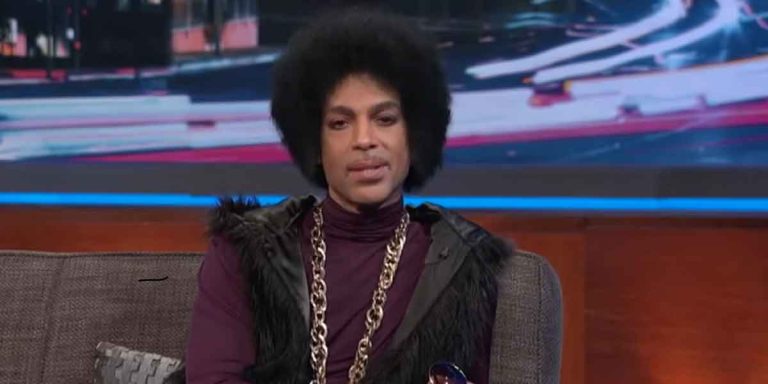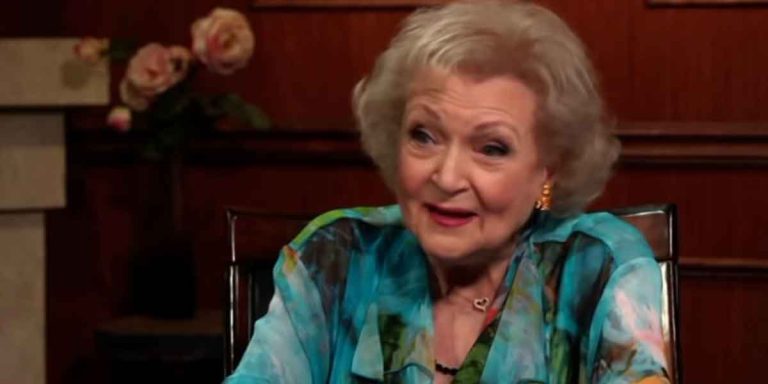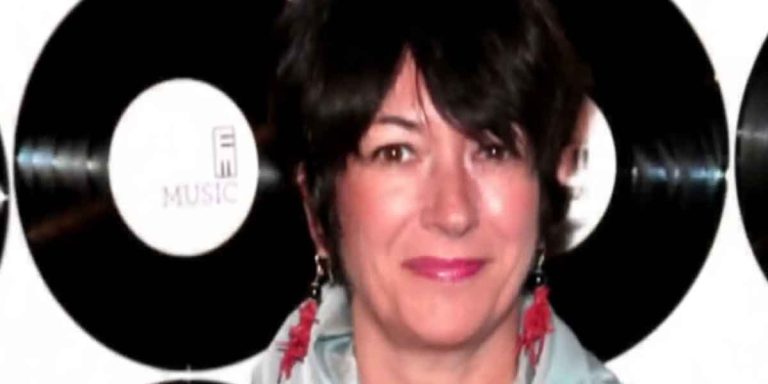A 401(k) plan is a tax-advantaged, defined-contribution retirement account offered by many employers to their employees. It is named after a section of the U.S. Internal Revenue Code. Workers can make contributions to their 401(k) accounts through automatic payroll withholding, and their employers can match some or all of those contributions. The investment earnings in a traditional 401(k) plan are not taxed until the employee withdraws that money, typically after retirement. In a Roth 401(k) plan, withdrawals can be tax-free.
When a loved one passes away, there is a lot to consider. Not only do you have to deal with the grief of their passing, but if you are named as executor, then you have the added stress of dealing with their estate. When someone passes, most of their assets will go through the probate process. In the probate process, the will is validated by the courts, or if there is no will, the courts will decide how the assets of the estate will be divided up. However, while some estates are fairly straightforward, there is one question that almost every family has; what happens to the retirement accounts?
Retirement Accounts and Probate
Retirement accounts such as IRAs, 401ks, and 403bs are common among both the young and old. Everyone wants to save up money for their golden years of retirement, but sadly not everyone gets to live long enough to use it. However, these retirement accounts can amass quite a fair amount of money, but not everyone knows what happens to it after someone passes away. In truth, funds in retirement accounts such as 401ks don’t go through the probate process. Retirement accounts don’t go through probate because part of the paperwork to even open a retirement account includes naming a beneficiary. This is a contract that overwrites even a will that states where the company administering the retirement account should send the money if the original owner passes away.
The benefit of this is since the retirement accounts don’t need to go through probate, they aren’t technically considered part of the estate. This means that creditors cannot collect debts from it and it does not get tied up in the courts. So if an estate is disputed, the beneficiary of the retirement accounts or other items that require a named beneficiary such as life insurance will likely still get their payout in a timely manner.
How Retirement Accounts End Up in Probate
While in most cases retirement accounts don’t end up in probate, there are a few ways it can happen. This also means that debt collectors for an estate might be able to use the funds in a retirement account to settle their debts, too. This is why it is best to avoid these mistakes to keep retirement accounts free and clear of probate.
Naming a Minor as a Beneficiary
Money can be left to a minor, but they can’t use it until they come of age. In this situation, in order to avoid probate, someone already needs to be assigned to manage the money until the minor comes of age. If no such party is stated, the probate court will get involved to set up a court supervised custodial account.
No Alternate Beneficiaries
If your primary beneficiary is no longer living, if you have no alternate named, then it will need to go through probate. The funds then become part of the estate and are divvied out to everyone else.
Beneficiary is the Estate
If you name your estate as the beneficiary, the funds will be probated. This may cause creditor and tax issues. It is usually recommended that you not leave these types of funds to your estate.
All 401k Plans Are Not Created Equal
When looking at your options for receiving money from a 401k plan as a beneficiary, it is important to realize that each 401k plan has its own set of rules. The IRS sets the outside limits of what plans may do, but a plan is allowed to be more restrictive than that general framework. For example, the IRS may say it is okay for you to leave your 401k inheritance in the account for years without touching it (or paying taxes on it), but the plan rules may stipulate that you take it out sooner. If you inherit someone’s 401k account, the first thing you should do is look at the plan document or summary plan description of the 401k plan to find out what rules will apply to your situation. It is a good idea to ask a tax professional for help, as this can be complicated. Rules may also differ depending on whether the person who died was your spouse, and whether he or she was already receiving periodic payments from the account.
Get Help
Do you have more questions about Probate? Our attorneys are ready to give you all the help and answers you need. Call us today.
FAQs
Is a 401k considered part of an estate ?
No! When a person dies, his or her 401k becomes part of his or her taxable estate.
Who will inherit my 401k ?
Whoever you chose as your primary beneficiary will receive the money in your 401(k) account if you die before reaching retirement age.
































